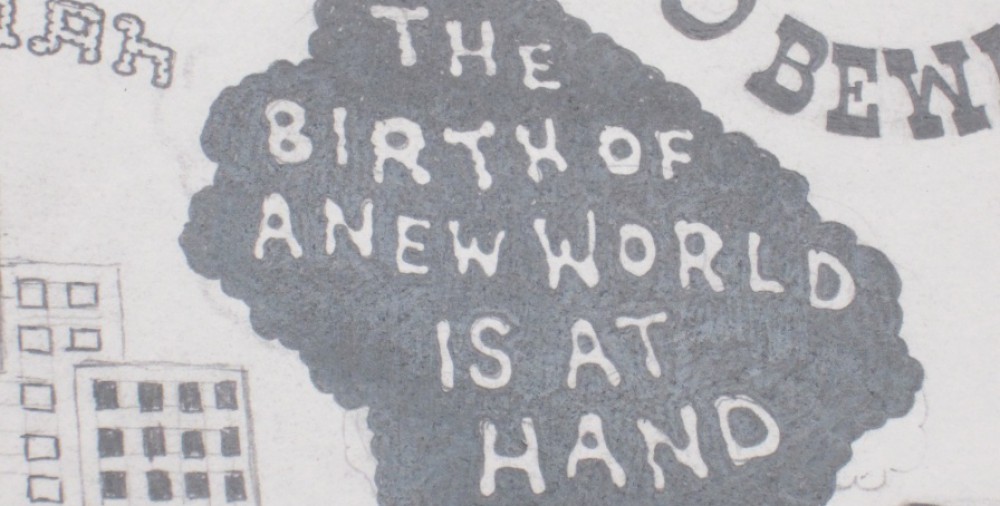Hi everyone:
I’ve enjoyed discussing your essays with you individually this past week, and you all are making a lot of progress in your writing (both in terms of content and structure). I look forward to seeing the next drafts tomorrow.
Just a reminder that your complete with Cover Letter, fully revised (based on our individual conferences this past week) draft of Essay #2 is due tomorrow. You must e-mail me the correctly labeled file (your name, Essay #2, Second Draft) before class begins and bring four printed copies of your essay to class.
Please do not show up without your printed copies, and do not be late to class. We have a jam-packed class tomorrow, and we’ll need all the time we have to cover both the novel and the essay.
Also, many of you have been letting me know (in private) that you have many questions about We and that there are whole sections of it that you have been struggling with, but so far no one (except Brian … thank you to him!) has posted any questions on the post I made last week.
Please make sure to do so (by leaving a “comment” on that post) by the end of the day today (W 4/30), and we will be sure to cover all of your questions about the text tomorrow in class. I am going to explain a lot of the text, in detail, tomorrow, but in order to use this time most productively, each one of you should post at least one (but ideally a few) question you have/excerpts (with page numbers) you want to discuss.
See you tomorrow, in (cold, rainy) May!
Cheers,
Professor Belli



